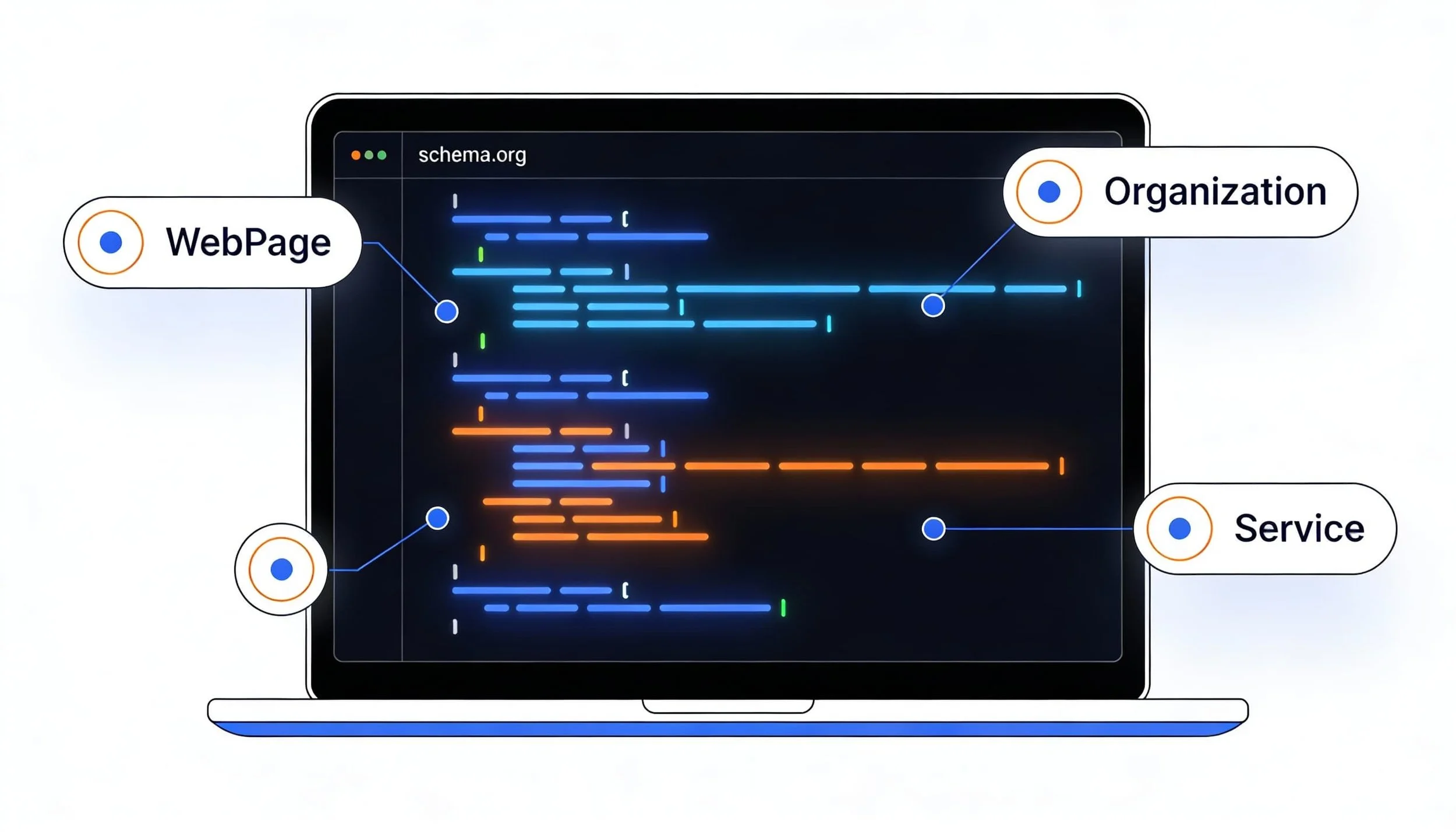E-commerce Trends Belgium: The Future of Online Shopping
- Market size: €17.4 billion in 2024, with growth to €24 billion expected in 2025 (+38% increase)
- European leader: 25.2% of small businesses active online vs 11.2% in France - Belgium surpasses neighboring countries
- Mobile dominance: 58% of purchases via smartphones, mobile-first approach essential for success
- Platform choice: Shopify leads with 29% market share, followed by Wix (20%)
- Cross-border potential: €5.5 billion spent at foreign webshops shows expansion opportunities
- Future trends: AI personalization, social commerce, and sustainability determine competitive advantage
E-commerce, also known as online trade, is the buying and selling of products and services over the internet. In Belgium, this digital trade market is experiencing explosive growth, with an estimated turnover of 17.4 billion euros in 2024 and prospects indicating further expansion to 24 billion euros in 2025. This remarkable growth of 10.7% places Belgium well above the European average, making our country one of the most dynamic e-commerce markets globally.
For entrepreneurs looking to benefit from this growing market, Belgium offers unique advantages: a well-educated, multilingual population, excellent digital infrastructure, and strong consumer habits. The combination of these factors creates ideal conditions for webshop development and online sales, both for local entrepreneurs and international players wishing to enter the Belgian market.
What is e-commerce and why is it growing so rapidly in Belgium?
E-commerce encompasses all commercial transactions that occur electronically via websites, mobile apps, social media platforms, or online marketplaces. For entrepreneurs, e-commerce means more than just a digital store – it's a complete business model that enables 24/7 sales to customers worldwide.
How do you start a webshop in Belgium? The foundations begin with understanding the local market. Belgium benefits from excellent digital infrastructure, with average 5G download speeds of 280 Mbps in urban areas. The multilingual nature of the Belgian population facilitates cross-border trade, while platforms supporting multilingual functionality and local payment methods like Bancontact perform significantly better. Belgium boasts high digital literacy and strong purchasing power, translating into an average online expenditure of €2,600 per person per year – one of the highest in Europe.
Belgian e-commerce market: figures and performance
The 2024 figures demonstrate the health of the Belgian e-commerce sector. Belgian consumers spent 16.3 billion euros on online purchases, with 13.3 billion euros at local webshops. The number of webshops increased to 63,202 active platforms, a 10.5% rise compared to 2023. Among companies where at least 1% of revenue comes from online channels, 25.2% represent the market – more than double that of France (11.2%) and higher than the Netherlands (24.2%) and Germany (18.4%).
“Belgians are increasingly finding their way to marketplaces. Belgian merchants are often underrepresented there, causing a portion of our country's growth to go to foreign players. Belgian merchants should therefore become even more active on such platforms.”
Cross-border shopping remains a unique characteristic of the Belgian market. Consumers spent 5.5 billion euros at foreign webshops (34% of total online expenditures), with the Netherlands (32%) and France (22%) being the most popular destinations. For local entrepreneurs, this presents both a challenge and an opportunity for expansion into neighboring markets.
Mobile e-commerce and platform choice
Mobile commerce is the new reality in Belgium. With 58% of all online purchases made via smartphones, Belgium has become a mobile-first market. For webshop owners, this means that mobile optimization is essential for success. Sites not optimized for mobile use miss out on more than half of their potential customers.
Why do Belgian entrepreneurs choose Shopify? Shopify dominates with a 29% market share thanks to its combination of ease of use, Bancontact integration, and multilingual functionality. Shopify webshop setup is a strategic investment that facilitates growth. The latest Shopify app trends show that apps combining AI and automation are particularly popular for personalization and efficiency.
SEO and marketing strategies for Belgian webshops
Search engine visibility determines the success of any webshop. E-commerce SEO requires a specific approach focusing on product pages, category structure, and technical optimization. For Belgian webshops, local SEO plays a significant role, with the multilingual nature requiring strategic choices for Dutch, French, or both languages.
Which marketing strategy yields the best ROI? Performance marketing becomes crucial, with the choice between Google Ads and Meta Ads depending on target audiences and product types. Google Ads optimization is evolving through AI integration, while SEO is evolving towards GEO for AI search engines like ChatGPT.
Structured data plays a crucial role in modern SEO. ClickForest clients saw an average of 35% higher click-through rates within 4 weeks after implementing optimized structured data.
Conversion optimization and customer experience
Conversion optimization is the art of turning more visitors into customers. For Belgian webshops, specific factors are crucial: trusted payment methods like Bancontact (78% market share), clear shipping options, and multilingual customer service. The latest developments in CRO with AI and personalization show how technology can enhance the customer experience through dynamic product recommendations and AI-driven chatbots.
“We see our customers as invited guests to a party, and we are the hosts. It's our job to make every important aspect of the customer experience a little bit better every day.”
Sustainability and future trends
Sustainability is becoming a competitive advantage for modern webshops. Belgian webshops score themselves an average of 6.5 out of 10 for sustainability, with concrete actions: 86% bundle shipments, 66% use reusable packaging, and 79% work with sustainable void fill materials. Sustainable e-commerce strategies are becoming a must-have rather than a nice-to-have.
“The sustainability level of our Belgian e-commerce sector is promising, and the potential to become an extremely sustainable sector is there.”
Social commerce is expected to grow explosively to $8.5 trillion worldwide by 2030. For Belgian entrepreneurs, LinkedIn marketing for B2B sales is becoming increasingly important, while the rise of zero-click searches presents new challenges for organic visibility.
“We do not aim to chase revenue as the primary driver of our business. Shopify has been about supporting merchants since its inception, and we have always prioritized long-term value over short-term revenue opportunities.”
Practical roadmap for e-commerce success
How long does it take to start an e-commerce business? With professional support, a basic webshop can be online within 4-6 weeks, but full optimization requires 3-6 months. What does it cost to start a webshop in Belgium? Costs range from €500 for a basic setup to €10,000+ for enterprise solutions.
Essential steps:
Market analysis and strategy - Start with an AI audit and competitor analysis
Platform selection - Shopify setup with Bancontact support
Technical foundations - SEO basics and mobile optimization
Content and marketing - AI for content creation and local SEO
Team training - AI training for effective technology adoption
Belgium offers unique opportunities for e-commerce entrepreneurs willing to invest in quality, innovation, and customer experience. With the right strategy, local businesses can grow into regional market leaders.
Ready to grow in the Belgian e-commerce market? ClickForest helps entrepreneurs at every step of their digital transformation, from AI implementation to complete Shopify solutions and performance marketing. Book a consultation to discover how your business can benefit from the growing e-commerce opportunities in Belgium.

🚀 More leads, higher conversion, better ROI
This article provided you with insights. Now it's time for action. Whether you want to build a profitable webshop, generate more revenue from performance marketing or SEO, or grow with AI marketing – we provide concrete support to help you move forward.
💬 Discuss your challenge directly with Frederiek: Schedule a free strategy call or send us a message
📧 Prefer to email? Send your question to frederiek@clickforest.com or call +32 473 84 66 27
Strategy without action remains theory. Let's take your next step together.
Frequently asked questions about e-commerce in Belgium
-
Belgium has 63,202 active webshops in 2024, an increase of 10.5% compared to 2023. These webshops collectively generated a turnover of 13.3 billion euros, demonstrating the professionalization of the sector.
-
The average Belgian online shopper spends approximately €2,600 per year online, one of the highest figures in Europe. A rise to €2,850 is predicted for 2025.
-
Bancontact dominates with a 78% market share, followed by digital wallets and buy-now-pay-later services. For webshops, integrating local payment methods is crucial for conversion optimization.
-
Very important - 58% of all online purchases are made via smartphones. Webshops without mobile optimization miss out on more than half of their potential customers.
-
Package tours lead with 4 billion euros, followed by flight tickets/accommodation (2.3 billion euros) and clothing (1.7 billion euros). Food and shoes/accessories complete the top 5.
-
A webshop is your own digital store with full control over branding and customer data. A marketplace like bol.com offers built-in traffic but higher commissions and less brand control.
-
A combination of local SEO, Google Ads optimization, and social commerce. The choice depends on target audience, budget, and product types.
-
Start with market research, choose a suitable platform (Shopify has 29% market share), focus on mobile optimization, integrate Bancontact, and invest in SEO and performance marketing.
Sources and references
Belgian e-commerce statistics
Becom: “Belgians made 16.3 billion euros (+10.7%) in online purchases last year” – https://becom.digital/nl/belg-deed-afgelopen-jaar-voor-163-miljard-euro-107-aan-online-aankopen/
Ecommerce News Europe: “Belgians spent 17.4 billion euros online in 2024” – https://ecommercenews.eu/belgians-spent-17-4-billion-euros-online-in-2024/
KVK: “E-commerce in Belgium” – https://www.kvk.nl/en/international/e-commerce-in-belgium/
Landmark Global: “Top 10 essential facts about Belgian e‑commerce (2025 edition)” – https://landmarkglobal.com/eu/en/news-insights/top-10-essential-facts-about-belgian-e-commerce-2025-edition/
Mobile commerce and payment behavior
Mordor Intelligence: “Belgium e‑commerce market size, forecast & report analysis 2030” – https://www.mordorintelligence.com/industry-reports/belgium-ecommerce-market
Deloitte Belgium: “Digital consumer trends 2024” – https://www.deloitte.com/be/en/about/press-room/digital-consumer-trends-2024.html
International e-commerce trends
Statista: “eCommerce – Belgium (Market Forecast)” – https://www.statista.com/outlook/emo/ecommerce/belgium
Ecommerce News Europe: “Belgian ecommerce 16.3 billion euros in 2023” – https://ecommercenews.eu/belgian-ecommerce-16-3-billion-euros-in-2023/











